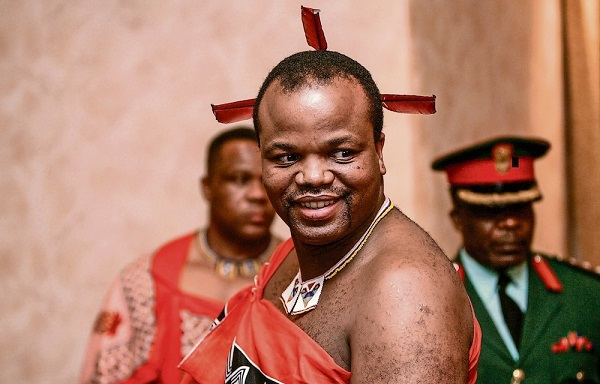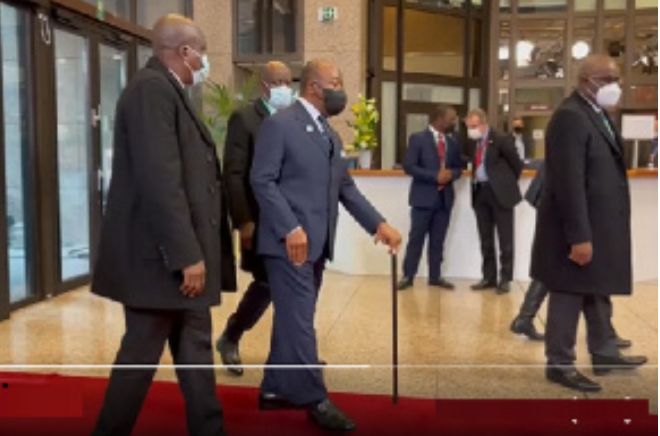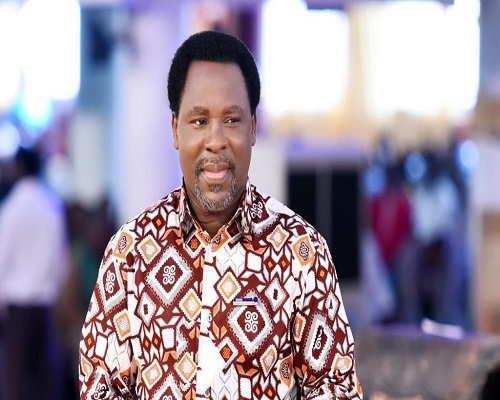News Africa
Profile of the Eswatini King Mswati III

King Mswati III, born Prince Makhosetive Dlamini on April 19, 1968, is the reigning monarch (Ngwenyama) of Eswatini (formerly Swaziland). He is one of the last remaining absolute monarchs in Africa, wielding significant power over all branches of government.
Here’s a profile of King Mswati III:
- Accession to the Throne: Mswati III was crowned King of Swaziland on April 25, 1986, at the age of 18, following the death of his father, King Sobhuza II. This made him the youngest ruling monarch in the world at that time.
- Absolute Monarchy: Eswatini operates as an absolute monarchy, where the King holds ultimate authority. He has veto power over legislation, appoints the Prime Minister and other key government and traditional positions, and is constitutionally immune from prosecution. While he is advised by the Queen Mother (Ndlovukati) and traditional councils, his final decision carries the weight of decree.
- Renaming of the Country: In 2018, King Mswati III officially renamed the country from Swaziland to Eswatini (formally the Kingdom of Eswatini) to mark its 50th anniversary of independence and his 50th birthday.
- Polygamy and Family: Following Swazi tradition, King Mswati III practices polygamy. He currently has multiple wives (reports vary, but often cited around 15) and is believed to have numerous children. The selection of his first two wives follows specific traditional rules, with subsequent wives chosen from various clans.
- Lifestyle and Criticism: Mswati III’s opulent and lavish lifestyle, including a fleet of luxury cars and private jets, has drawn significant criticism both domestically and internationally. This stands in stark contrast to the widespread poverty experienced by a large portion of the Eswatini population, where high rates of HIV/AIDS and reliance on food aid are prevalent.
- Political Climate and Human Rights: Under King Mswati III’s reign, political parties have been banned since 1973. His government has been widely criticized by human rights organizations for suppressing political dissent, restricting freedoms of speech, assembly, and association, and allegedly using harsh measures against activists and journalists. Pro-democracy protests have often been met with violent dispersal and arrests.
- Education: King Mswati III received his primary education at Masundvwini Royal School and secondary education at Lozitha Palace School in Eswatini. He later attended boarding school in Sherborne, United Kingdom, where he studied a range of subjects including English, mathematics, and economics.
Despite the controversies, King Mswati III continues to rule Eswatini, maintaining a strong emphasis on preserving Swazi cultural heritage and traditions.
Source: http://thepressradio.com





